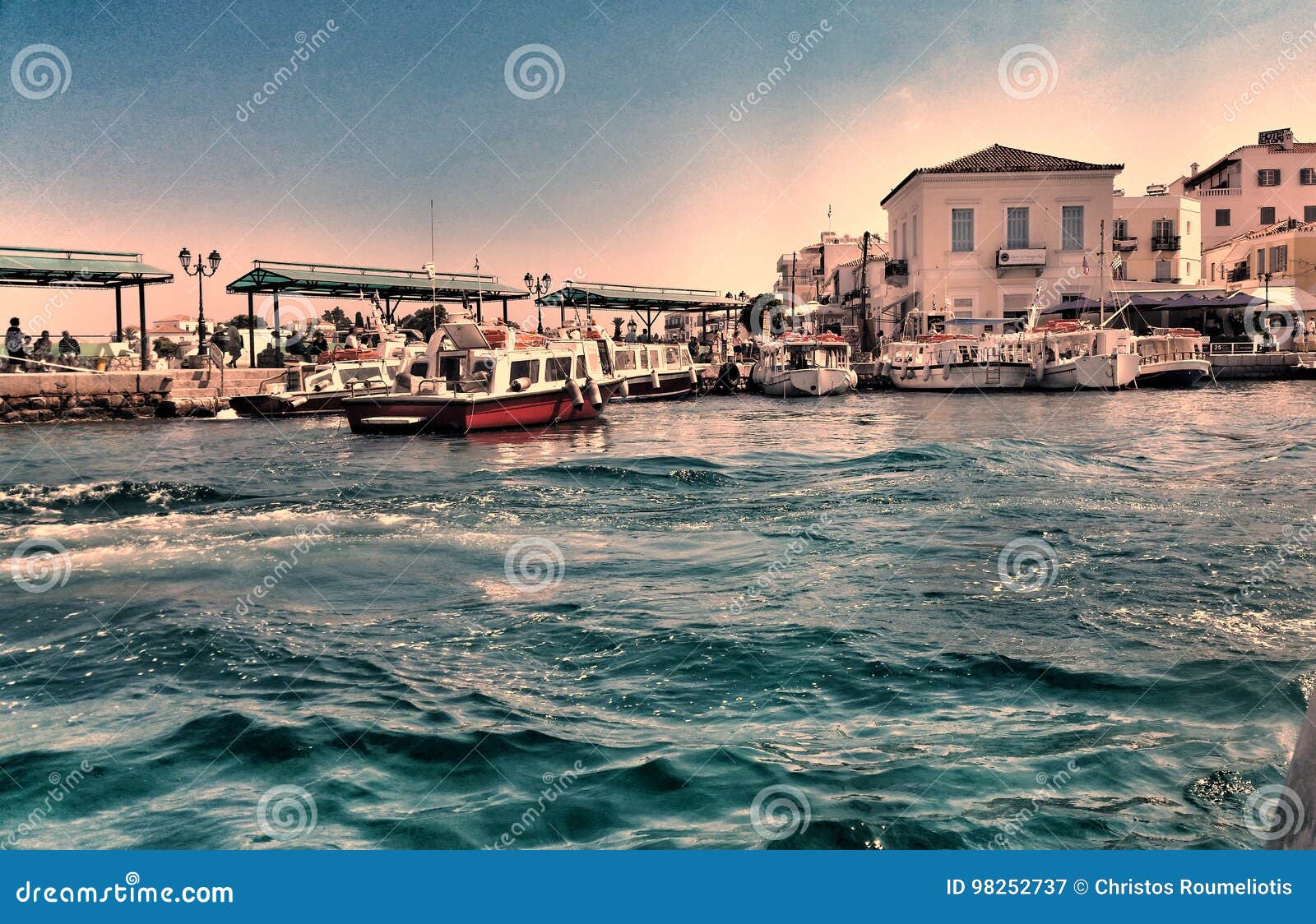

A Maggot suggests that this may be especially so if we claim that the narratives we have adopted, or that have adopted us, are the only versions of our experience.

Fowles also considers the ways in which the narratives we construct to explain our lives sometimes cancel out the option of more healthy and productive ways of seeing. For a work of fancy it is rich in historical detail, and even though Fowles wishes to resist the application " historical novel " (6), he intertwines fiction with documented fact, particularly in the pages from The Gentleman's Magazine that intersect the narrative, and fiction is grafted onto history in the nativity that concludes the novel.

The Prologue suggests that Fowles is offering us a novel that is fanciful, but one that also has the capacity to effect a change in the reader's understanding of the relationship between fiction and reality. However, at the beginning of this Prologue we are informed of the more obvious meaning that the maggot is " the larval stage of a winged creature, as is the written text, at least in the writer's hope " (5). It is more conscious of its existence as a fiction, Fowles explaining in the Prologue that the title comes from the obsolete sense of maggot as a " whim or quirk ". This could also be said of the existential aesthetic that Fowles’s fictions attempt to explore.Ī Maggot (1984), published nearly twenty years after the first edition of The Magus (1966), extends the concerns of the earlier novel. As early experiences within this space facilitate the development from a purely subjective and omnipotent state towards a degree of objectivity – the infant plays towards a sense of self – so, it can be argued, cultural activity in adulthood may have the same transitional capacity in allowing us the subjective expression and integration of our true selves in the external world. In his most influential paper, ‘Transitional Objects and Transitional Phenomena’ (also formulated in the 1950’s), this space is referred to as being an ‘intermediate area’ to which both internal reality and external reality contribute (1974, 3). Winnicott’s psychoanalytic conception of potential space: a transitional area in which both infant play and adult encounters within the field of culture are located. Concentrating principally on The Magus, this chapter will argue that Fowles’s existentialist objective is served by the creation of a fictional environment that corresponds to D.


 0 kommentar(er)
0 kommentar(er)
